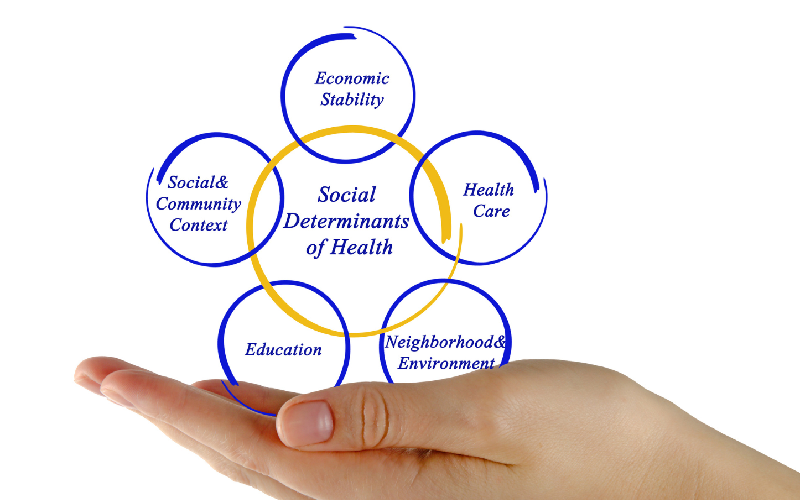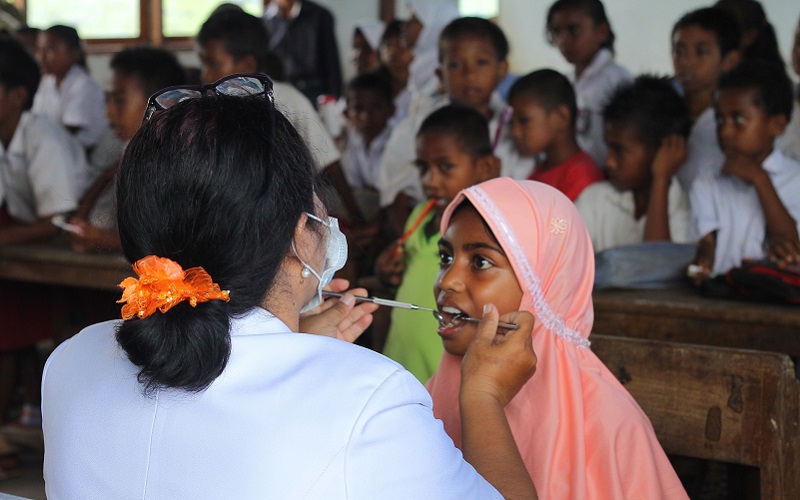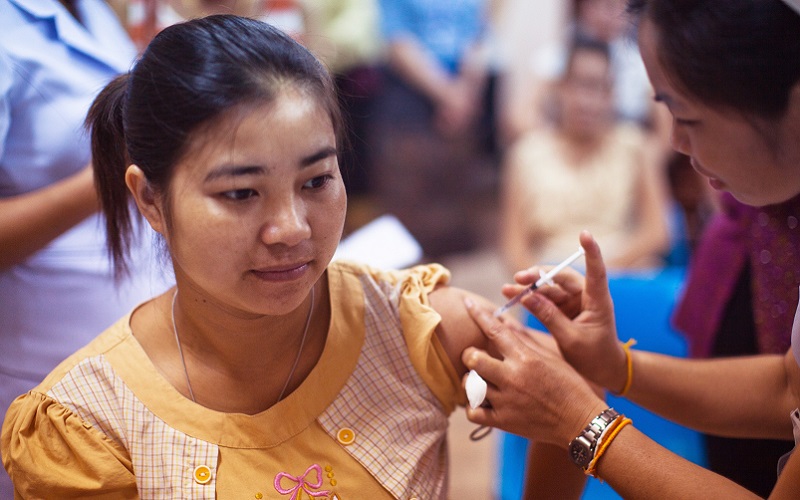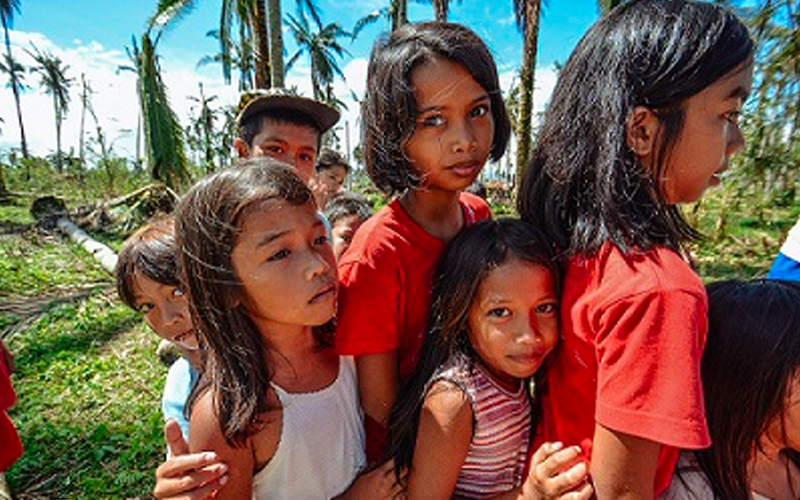
WFPHA at EB152: Statement on Social Determinants of Health

WFPHA at EB152: Statement on Social Determinants of Health
Statement
Feb 3, 2023
The 152nd session of the World Health Organisation (WHO) Executive Board takes place on 30 January – 07 February 2023.
The World Federation of Public Health Associations (WFPHA) attended this session with a statement on Social Determinants of Health.
Outside factors beyond the medical sector play a critical role in health as determined by the interplay between health and environment. Most recently, the pandemic, alongside increasing social unrest, has exacerbated socioeconomic inequities both locally and internationally, consequently deepening health inequities, particularly amongst the most vulnerable who lack access to health services.
We, the World Federation of Public Health Associations, therefore ask member states to collect and report relevant patient and health service data in a transparent manner in order to allow us to monitor health inequities and advance evidence-based policies to improve primary care, expand universal health coverage, and better prepare for future health emergencies in a way that addresses the social determinants of health.





Recent Comments